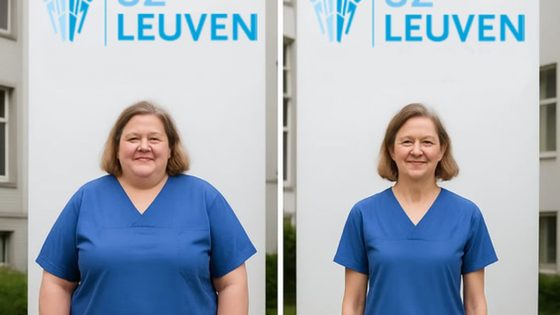On 2025-07-02 11:36:00, a social media advertisement falsely claimed that a woman named Sophie, working at UZ Leuven, was seeking help to lose weight. This misleading post quickly caught the attention of the hospital and the public. UZ Leuven has firmly denied any connection to the advertisement, labeling it as fraud.
- Sophie werkt niet bij UZ Leuven
- UZ Leuven noemt advertentie fraude
- UZ Leuven meldde zaak aan juridische dienst
- UZ Leuven rapporteerde oplichting aan Meta
- Publiek wordt opgeroepen om te rapporteren
- Doel is fraude snel verwijderen online
The hospital’s communication officer, Hanne Akkermans, confirmed that UZ Leuven took immediate action by reporting the case to its legal department and Meta, the platform hosting the post. They are urging the Belgian community to help report such scams to remove them swiftly from the internet. But how can Belgians protect themselves from similar fraudulent claims online?
Understanding the risks behind fake social media posts is crucial in today’s digital age. Let’s explore why this scam matters and what steps can be taken to stay safe.
Why do these scams proliferate, and what can be done? This incident highlights the need for vigilance:
- Always verify claims involving reputable institutions like UZ Leuven directly through official channels.
- Be cautious of ads promising quick weight loss or medical help, especially when linked to unfamiliar individuals.
- Reporting suspicious content helps platforms act faster to protect users.
As such scams continue to evolve, it is essential for everyone in Belgium to stay alert and verify information before engaging. Together, we can help keep social media a safer space for all.

































